 |
| December 03, 2020 |
Dear Reader,
For the first time, a quantum computer made from photons—particles of light—has outperformed even the fastest classical supercomputers. Read our lead story to learn more. Next, a big slice of corporate America—including utilities, banks and auto manufacturers—signed onto a statement yesterday calling on President-elect Joe Biden to work with Congress on "ambitious, durable, bipartisan climate solutions." And lastly, check out our infographic on how COVID-19 lockdowns calmed seismic activity on a global level. |
| | Sunya Bhutta, Senior Editor, Audience Engagement
@sunyaaa | |
 |
| |
| |
| |
| |
| |
| Engineering Inventing Us: How Inventions Shaped Humanity Materials scientist and science writer Ainissa Ramirez talks about her latest book The Alchemy of Us: How Humans and Matter Transformed One Another. |  | By Ainissa G. Ramirez,Steve Mirsky | 24:30 | | | |
| Behavior & Society Conflicts of Interest and COVID Financial incentives can be a factor in pandemic policy decisions—albeit frequently at a subconscious and unintentional level | | | | |
FROM THE STORE
 | | | |
| |
FROM THE ARCHIVE
 | | | |
| |
LATEST ISSUES
 |
| |
| Questions? Comments?  | |
| Download the Scientific American App |
| |
| |






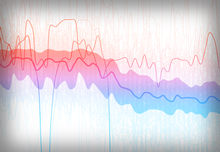






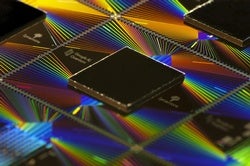
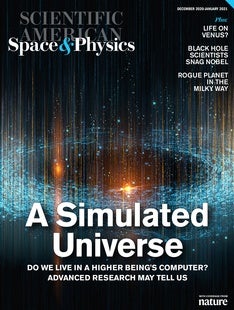


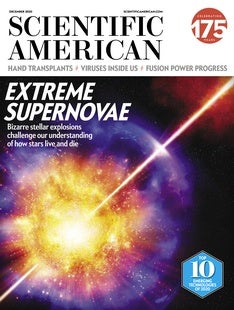
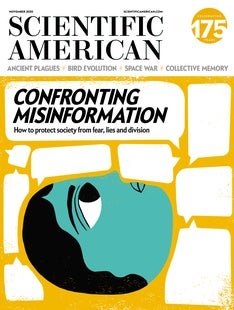



Comments
Post a Comment